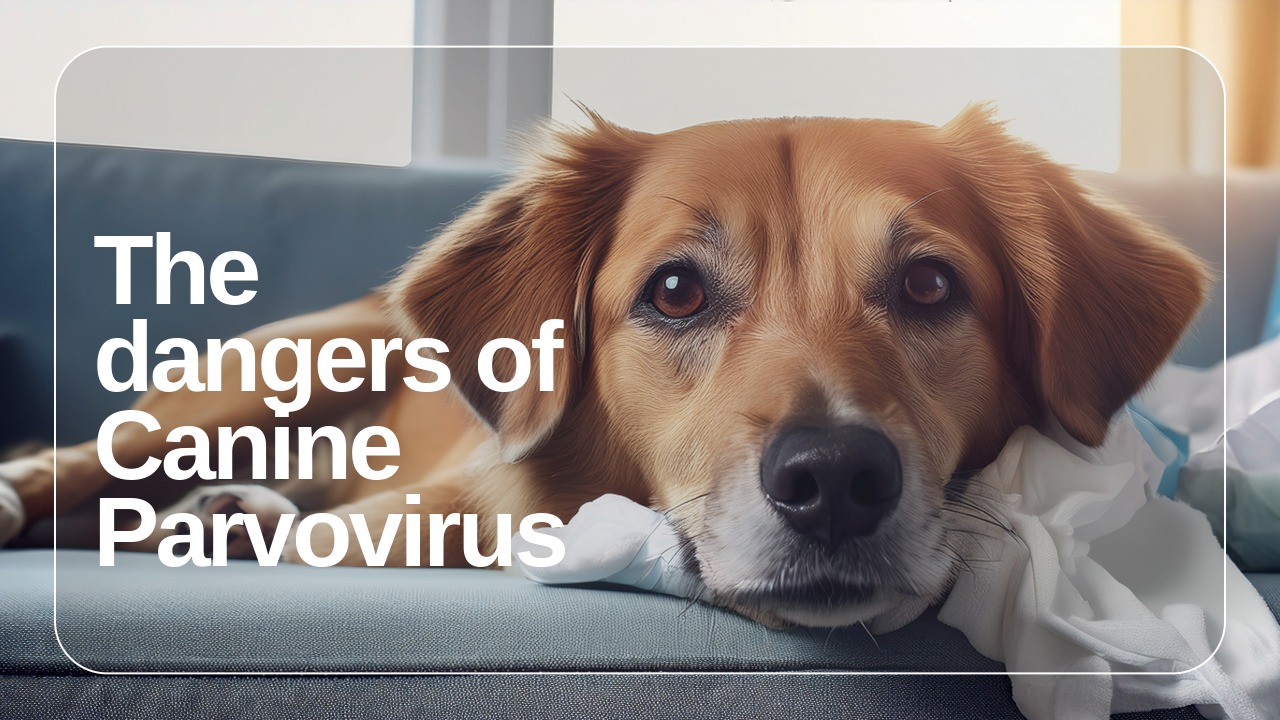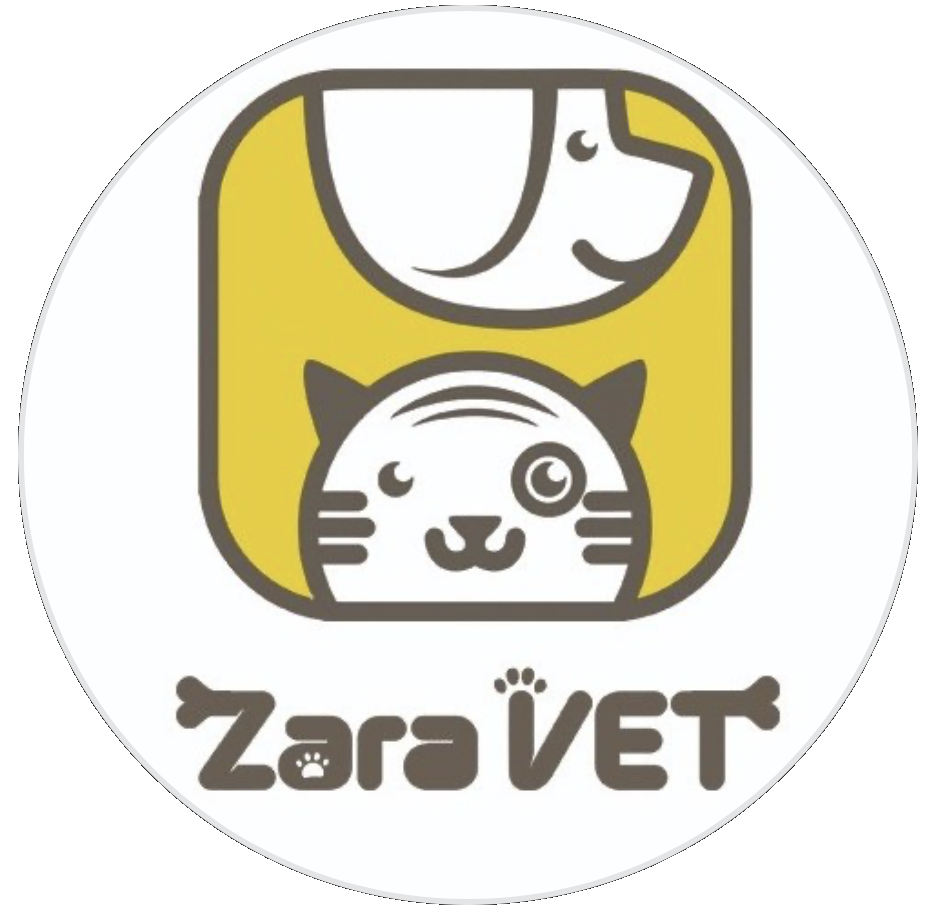published on: 10.06.2025

What is Canine Parvovirus?
Canine parvovirus, often just called "parvo," is a highly contagious and dangerous virus that primarily affects puppies and unvaccinated dogs. It first emerged in the late 1970s and spread rapidly across the globe. The virus attacks the body's fastest-dividing cells, which are found in the small intestine and bone marrow. This assault causes severe gastrointestinal distress and cripples the immune system, leaving a dog vulnerable to secondary infections. While puppies between six weeks and six months old are at the highest risk, any dog without proper vaccination can fall ill. Understanding the signs, transmission, and prevention of this disease is critical for every dog owner.
Key Takeaways
- What it is: Canine parvovirus is a severe viral illness that attacks a dog's intestines and bone marrow, leading to life-threatening dehydration and infection.
- Who is at risk: Puppies aged six weeks to six months and any unvaccinated adult dogs are most vulnerable.
- How it spreads: The virus is extremely resilient and spreads through contact with infected stool. It can live on surfaces for months and is easily carried on shoes, hands, and tires.
- Prevention is crucial: Vaccination is the most effective way to protect your dog. A strict vaccination schedule and proper sanitation are key.
- Act Fast: If you suspect parvo, immediate veterinary care is essential for survival. Contact a vet if your puppy has bloody diarrhea or persistent vomiting.
How Parvovirus Spreads Through the Environment
The main way parvovirus spreads is through the feces of an infected dog. A sick dog sheds billions of viral particles in its stool, which can contaminate the environment for a very long time. The virus is incredibly tough; it can survive for many months on surfaces like grass, sidewalks, and kennel floors. It also resists heat, cold, and many common household cleaners, making it difficult to eliminate. Because the virus is so stable, your dog doesn't need to meet an infected dog to get sick. You can accidentally bring the virus home on your shoes, hands, or even car tires, so it's vital to be cautious about where you take an unvaccinated puppy.
Is It Parvo or Something Else?
When a puppy has an upset stomach, it can be hard to know the cause. However, the symptoms of parvovirus are typically more sudden and severe than other common puppy ailments. Any sign of illness in a young puppy warrants a call to the vet, but this table can help you understand the differences.
| Symptom | Canine Parvovirus | Intestinal Parasites (Worms, Giardia) | Canine Distemper | Dietary Indiscretion (Ate something bad) |
|---|---|---|---|---|
| Onset | Very sudden and rapid decline | Gradual or intermittent | Gradual onset of signs | Sudden, but usually mild |
| Vomiting | Severe, persistent, often foul-smelling | Occasional | Possible, along with other signs | Yes, usually resolves in 24 hours |
| Diarrhea | Profuse, watery, quickly becomes bloody with a distinct, foul odor | Often soft, mucousy, may have some blood streaks | Watery diarrhea is common | Yes, typically mild and short-lived |
| Appetite/Energy | Extreme lethargy and complete loss of appetite | May be reduced, but often still playful | Lethargy and loss of appetite | May be slightly down, but usually bounces back quickly |
| Other Key Signs | Fever or low body temp, severe dehydration | Pot-belly appearance, visible worms in stool | Respiratory signs (coughing, eye/nose discharge), later neurological signs (seizures, twitching) | Symptoms improve quickly with a bland diet |
Treatment: The Financial and Time Commitment
There is no specific drug that kills the parvovirus itself. So, treatment focuses on supporting the dog's body while its immune system fights off the infection. This supportive care is intensive and must be started immediately. Treatment typically involves hospitalization and includes intravenous (IV) fluids to correct dehydration, strong antibiotics to prevent sepsis, and anti-nausea medications. Once vomiting is controlled, vets may provide nutrition through a feeding tube to help the gut heal. The dog must be kept in strict isolation throughout this process.
It's important for owners to be prepared for the commitment involved. Parvo treatment can be costly, often ranging from $500 to over $2,000 USD, depending on the severity of the illness and the length of hospitalization required. A typical hospital stay for a parvovirus case lasts between 5 and 7 days. Early and aggressive treatment gives the best chance for survival, so don't hesitate to act. If your puppy shows any signs, you need to seek veterinary help right away. For a professional evaluation in Tbilisi, you can get help quickly. For an immediate online consultation with Zara, your Tbilisi vet, contact us on WhatsApp.
Balancing Parvovirus Safety and Puppy Socialization
The fear of parvovirus can sometimes lead new owners to keep their puppies in a bubble, avoiding the outdoors entirely until their vaccinations are complete. While caution is essential, this approach can cause long-term behavioral problems. A puppy's critical socialization window is between 3 and 16 weeks of age. During this time, they learn how to interact appropriately with other dogs, people, and new environments. A lack of positive exposure during this period can lead to fear, anxiety, and aggression later in life. The goal is not to isolate your puppy, but to socialize them safely.
How to Safely Socialize Your Puppy Before Full Vaccination
You can and should socialize your puppy while minimizing the risk of disease. Here’s how:
- Controlled Environments: Stick to places you know are safe, like your own clean, private yard. Avoid public dog parks, pet stores, or high-traffic grassy areas where the virus could linger.
- Known, Healthy Dogs: Arrange one-on-one playdates with adult dogs that you know are friendly, gentle, and fully vaccinated and healthy. A calm, well-behaved adult dog is an excellent teacher for a young puppy.
- Carry Your Puppy: You can still expose your puppy to new sights and sounds by carrying them in areas where they can't touch the ground. A walk through a shopping center or a sit-down on a quiet cafe patio (with your puppy on your lap) can be a great experience.
- Puppy Socialization Classes: Look for a puppy class run by a certified trainer that requires proof of vaccination for all attendees and is held in a sanitized, indoor location. This is one of the safest ways to socialize with other puppies.
How to Prevent a Parvovirus Infection
The good news is that vaccination is a highly effective tool for preventing parvovirus. Puppies need a series of shots to build strong immunity. The standard vaccination schedule starts at around six to eight weeks of age, with boosters given every three to four weeks until the puppy is 16 weeks old. A final booster is given at one year, and then every three years after that, or as your vet recommends. Until your puppy has finished their full vaccine series (usually about a week after the final shot), you should follow the safe socialization guidelines.
Proper cleaning is also essential if you suspect an area has been contaminated. To kill the virus, you must use a specific bleach solution. Mix one part household bleach with 32 parts water. Apply the solution to contaminated surfaces like floors, crates, and bowls, and let it stay wet for at least ten minutes before rinsing.
Citations
- VCA Animal Hospitals. "Canine Parvovirus Infection in Dogs." vcahospitals.com.
- American Veterinary Medical Association. "Canine Parvovirus." avma.org.
- Merck Veterinary Manual. "Canine Parvovirus." merckvetmanual.com.
- North Carolina State University College of Veterinary Medicine. "Canine Parvovirus Research." cvm.ncsu.edu.
Frequently Asked Questions (FAQ)
- 1. What does parvo diarrhea smell like?
- Parvo diarrhea has a very distinct, strong, and foul odor that is often described as sickeningly sweet or metallic due to the presence of blood and decaying intestinal tissue.
- 2. Can a vaccinated adult dog get parvo?
- It is very rare, but possible. No vaccine is 100% effective. However, if a properly vaccinated adult dog does get parvo, the illness is typically much milder than in an unvaccinated puppy.
- 3. How long does the parvovirus live on surfaces?
- Parvovirus can survive indoors for at least one month and outdoors in soil for many months, and even up to a year in the right conditions. It is resistant to freezing temperatures and many disinfectants.
- 4. Can humans get parvovirus from dogs?
- No, canine parvovirus does not infect humans. Humans have their own type of parvovirus (B19, which causes "Fifth disease"), but it is not transmissible between humans and dogs.
Come over for a visit at 77 Sulkhan Tsintsadze St, Tbilisi
Or call Us +995 599 996 487
